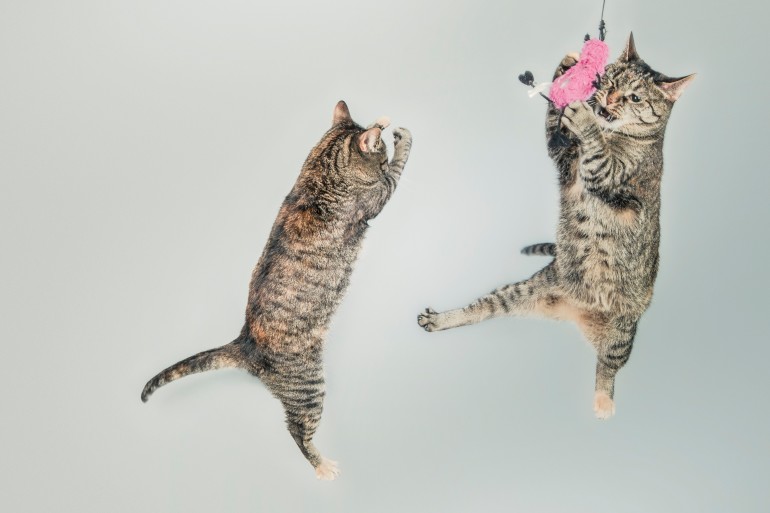What does a condo corporation do when an owner continues to make a multitude of requests for documentation that are not “records” of the condo corporation.
In a recent decision by the Condominium Authority Tribunal (“CAT”), an owner, who was a former board member, continued to make requests for documentation including:
- copies of in-camera minutes from board meetings from October 1, 2017 to the date of the Records Request (the “In-Camera Minutes”);
- copies of management reports and their attachments for the time period requested (the “Management Reports”); and
- copies of notes of “informal [board] meetings” (the “Informal Board Minutes”).
On advice from our office, the condo corporation denied access to the above-noted documents which led to the owner initiating a CAT proceeding. Last week, CAT released its decision and concluded that the owner was not entitled to the documentation, save and except for two “informal board” meeting “notes”.
In-Camera Minutes
The condo corporation’s position was that the In-Camera Minutes were exempt from production pursuant to Section 55(4) of Condominium Act, 1998 (the “Act”) as they related to discussions about specific unit owners, on-site staff or contractors, actual or contemplated litigation, reports from professionals such as lawyers etc.
CAT agreed with this position and also determined that, in this circumstance, redaction would be insufficient because the condo corporation was a small corporation and the owner was well acquainted with the residents and very well informed of the events that transpire in the building.
Management Reports
Both parties noted that the Management Reports were not explicitly listed as records under Section 55 of the Act. The owner argued that the list was not exhaustive. Our position on this one was that the Management Reports were drafts or notes and only became a record of the corporation to the extent that they are accepted by the board and reflected in the minutes of a board meeting. CAT accepted the condo corporation’s submissions and, since the owner already received the board meeting minutes, nothing further was ordered.
Informal Meeting Minutes
The owner submitted into evidence minutes from a board meeting. The board minutes made reference to two “special board meetings”. A third party minute-taker was not present at these special meetings, however, the board minutes indicated that a director’s notes from the special meetings would be incorporated into the corporation’s minute book.
The CAT ruled that, although, directors’ notes are generally not considered to be a record of the corporation, in this case the board itself decided to incorporate these specific notes into the corporation’s minute book. The CAT ordered the production of the special meeting minutes.
























